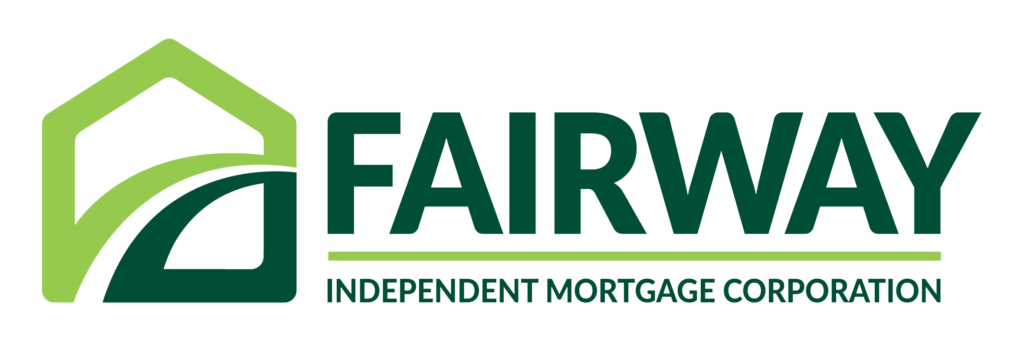Note: The free reverse mortgage calculator on this web page is specific to HECM reverse mortgages.
See What You May Qualify For
THE FIGURE AND GRAPHS IN THE REVERSE MORTGAGE CALCULATOR ABOVE ARE INTENDED AS AN ESTIMATE ONLY, BASED ON THE HOME VALUE, MORTGAGE BALANCE, AND BORROWER AGE YOU HAVE PROVIDED. YOUR ACTUAL LOAN AMOUNT MAY DIFFER BASED ON MARKET CONDITIONS AND APPLICABLE FEES IN YOUR AREA
For this example, EXPECTED RATE has been set at for an adjustable-rate HECM. Rates are subject to changing market conditions. The "Total Proceeds" amount you may be eligible for is the sum of your "Mortgage Payoff", "Available Cash" and "Closing Costs" such as initial MORTGAGE INSURANCE PREMIUM (MIP).
This is not a commitment to lend nor a loan approval. All borrowers must meet loan obligations, including paying all property charges (property taxes, fees, and homeowners insurance) as well as living in the property as the primary residence. The borrower must also properly maintain the home. If the borrower does not meet these loan obligations the loan may become due and payable.
See What You May Qualify ForReverse Mortgage Calculator FAQs
What Is a Reverse Mortgage and How Does It Work?
A reverse mortgage is a loan that allows homeowners 62 and older to convert a portion of their home equity into cash and defer repayment until they pass away, sell the home, or move out of the home.
What Are the Requirements for a Reverse Mortgage?
To be eligible for a reverse mortgage loan, borrowers must:
- Be at least 62 years old.
- Have a considerable amount of equity in your home.
- Occupy the home as your primary residence.
- Participate in a consumer counseling session with a HUD-approved counselor.
- Demonstrate that you can make all required property tax and insurance payments.
- Meet all FHA standards and flood requirements.
- Not have any delinquent federal debt.
What Are the Different Types of Reverse Mortgages?
HECM Reverse Mortgages
The most common reverse mortgage is a Home Equity Conversion Mortgage (HECM), the only reverse mortgage insured by the Federal Housing Administration (FHA). Available to homeowners age 62 and older, it allows the borrower to convert a portion of their home equity into cash or a growing line of credit and defer repayment of the loan balance until a later date. So long as the borrower lives in the home and pays the property-related taxes, insurance, and upkeep expenses, the borrower can continue to defer repayment of the loan balance.
The HECM loan balance usually becomes due and payable when the last surviving borrower permanently leaves the home. Since a HECM is a non-recourse loan, when the loan matures and is due and payable, the FHA guarantees that neither the borrower nor their heirs will owe more than the home is worth at the time it is sold.
Note: You can use our free reverse mortgage calculator above to see what you may qualify for. No personal information is required to see what you may qualify for.
Proprietary Reverse Mortgages
Over the last several years, there has been a rise in investor-owned reverse mortgage products. These are called private or “proprietary” reverse mortgages. There are a few proprietary products out there, and they tend to be similar to a HECM in many ways. Here are some situations where a proprietary reverse mortgage may be a better fit for a borrower as compared to a HECM:
- The borrower is under 62
- The borrower lives in a non-FHA-approved condo
- The borrower owns a home with a very high property value ($1 million+) and wants to access a larger percentage of the home’s equity (HECM initial disbursement limits are based on the appraised value of the home up to $1,149,825)
How Much Home Equity Do I Need to Qualify?
You must either own your home free and clear or have significant equity in your home – generally at least 50 percent.
What are the Options to Receive My HECM Loan Proceeds?
- One-time lump sum disbursement at closing
- Line of credit to draw funds as needed. This is not only a secure reserve, but funds left unused in the line don’t accrue any charges. In addition, the available line-of-credit grows over time.
- Fixed monthly advances. You can receive a tenure payment, which is a regular monthly cash advance for as long as one or more borrowers live in the home, no matter how long that is. Or a term payment, in which the monthly payment is sent for a scheduled number of months, and shorter terms result in higher monthly payments.
- Or a combination of a line of credit and fixed monthly advances.
How Much Money Do You Get on a Reverse Mortgage?
With a HECM, the percentage of your home’s equity you can borrow depends on your age, the interest rate you get on your loan, and the value of your home up to the HECM limit (currently $1,149,825). Use our free reverse mortgage calculator to determine how much equity you may qualify for.
If you choose to go with the one-time lump sum disbursement at closing option to receive your loan proceeds, you may receive the greater of the following two amounts: 60% of your principal limit (“Total Proceeds”), or mandatory obligations (e.g., mortgage payoff) plus 10%. With the other loan payment options (line of credit and monthly advances), this disbursement limitation is for the first year only. After 12 months, you may access the remainder of your principal limit.
When Does a Reverse Mortgage Make Sense?
Financial Planning
Now more than ever, reverse mortgage borrowers are strategically using their home equity at the earliest age possible to potentially increase their odds of a better retirement outcome. They still may be working, and many are very well off financially, but they realize the potential strategic planning advantages of using home equity, and consequently reverse mortgages, as part of their retirement plan.
Portfolio Hedging
Reverse mortgage loans can provide a hedge against market downturns. You can use the funds from your reverse mortgage loan to cover expenses instead of selling investments in down markets.
Realize Home Equity Gains
Home equity has hit all-time highs recently. With a reverse mortgage loan, you can stay in your home and benefit from its appreciation without having to move into a smaller property.
Satisfy Cash Needs
A reverse mortgage can be utilized to fund home improvements, pay for long-term care planning, and other living expenses. These benefits allow seniors to remain in their home and age in place.
Lifestyle Enhancement
Some borrowers do not necessarily need to access the equity in their homes, but they take out a reverse mortgage to extend the reach of their budget in order to enhance their lifestyle.


Find Out More About Our Loans,
Like How Much You May Qualify For.
Please Fill Out The Form Below And We Will Be In Touch
*Source: https://www.cbsnews.com/news/best-reverse-mortgage-companies-2023/







